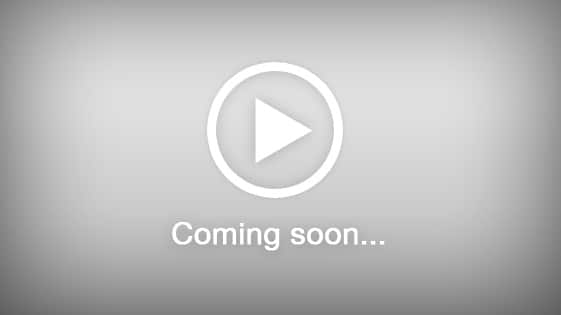Purpose
Videos

“Purpose and Caring”
By Rajesh Mangrulkar and Tony Tsai
Among many of the students we talk to, we hear the term “high yield” a lot. Given the large demand of time by the school on the student, and the limited amount of actual time, students have to make many choices each day about how to spend this seemingly precious commodity. Often, the choices aren’t easy, because students will pass up opportunities they care about, in order to do what they think is expected of them. “It’s not high yield,” they may say to justify their choice.
High yield for what?
Often, high yield is driven by short-term personal performance (e.g. grades, board scores, residency application). Or they may even pursue projects because the field demands it (e.g., research for competitive specialties, running a student organization to demonstrate they are a leader). For many students, they checked boxes to get to medical school, and this behavior continues, in order to get to the next thing.
But it’s not the students’ fault – we set up our reward and incentive systems this way in our educational system and even our clinical delivery system. Decisions are made because of comparison of tradeoffs, and those perceived to be “low yield” fall off the list, especially if they don’t advance the individual’s goals.
But humans are communal in nature. We need to belong to something bigger than ourselves. We are capable of tremendous courage, ingenuity, and compassion when we act on behalf of those whom we care about. Think about a time when a family, friend, patient, or student needed you, and you stepped up to provide your caring support. Think about how you felt; think about how the other person felt. It strengthened both of you. Healthcare AND medical education work best when we as human beings are in this connected environment.
Instead, we have an environment which emphasizes personal performance, which makes us focus on ourselves. When we are isolated in this way, we do not feel safe. We compete. We lash out. We attribute negative intent on others. And we slowly burn out.
So why do we have a medical school? Isn’t it to train physicians to CARE? Aren’t we training learners to deliver CARE? Some of the caring is about knowledge and skills, undoubtedly. But, the majority of care is still about caring. It can take different forms, but fundamentally, this caring is about a commitment towards something outside of ourselves and our own performance. This is purpose, and this is our “why”.

Yet how much time do we allow education to focus on the WHY? We structure our programs so time is a scarce resource, filled with learning about WHAT and HOW. Understanding and reflecting on our purpose is natural but we are “unnaturally” leaving very little time to do what we are meant to do. Of course, the WHY will be thought to be “low yield” because it’s not built into the hoops we put before our students to jump through.
In our experience, medical students are both idealistic AND pragmatic. They will adjust themselves to the environment. If the environment is about personal performance, they will act accordingly.
But we, the leaders in education, are responsible for what the environment says is important. There has been some attention given to leadership and professional development for students in the recent past, but the predominant emphasis is still on measurement and performance. If the culture that you are in is mainly about measuring you and judging your performance, how would YOU behave? Importantly, would you send YOUR own kids into this environment?
This is not an issue about “students these days”. As Edward Deming said, “Every system is perfectly designed to get the results it currently gets.” This is a cultural issue which requires our leadership. We will need to begin to build a community of CARING where those in the learning community have an accountability towards one another, striving to discover their purpose, and not just to enhance their personal performance. This is a natural human yearning, if we could only create the environment that supports it. We need to be willing to go beyond the culture of ‘knowing’, and move towards one of inspiring (not ‘telling’) learners to embrace the professional journey of being committed to something greater than themselves.
We also must walk this walk ourselves…publicly. We must begin with exploring how we care for our own students, and where we fall short.
